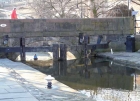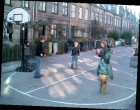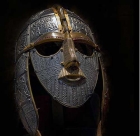Developing enquiries
Developing effective historical enquiries is not as easy as it might at first seem. Firstly, a successful enquiry depends upon the teacher having sufficient knowledge of the topic and the historical issues and controversies that surround it. In the teaching sequence, what do I include and what do I leave out? Secondly, the enquiry question must then be framed in such a way that it allows children to hypothesise, to grapple with an issue or controversy, the handle and evaluate evidence, to ask questions of their own and to make judgments. In this section, you will find advice and guidance to help you to plan and carry out effective historical enquiries with your pupils.
-

How do you enable creativity and empathy without loosing 'rigour'?
ArticleClick to view -

History in the Urban Environment
ArticleClick to view -

Learning what a place does and what we do for it
ArticleClick to view -

Case Study: Classroom archaeology. Sutton Hoo, or the mystery of the empty grave
ArticleClick to view -

Creating Variety in the Classroom
ArticleClick to view -

Thinking through history: assessment and learning for the gifted young historian
ArticleClick to view -

A classroom museum
ArticleClick to view -

Thinking through history: Story and developing children's minds
ArticleClick to view -

Looking at buildings as a source for developing historical enquiries
ArticleClick to view -

What is good history? The criteria for effective primary school history
ArticleClick to view

